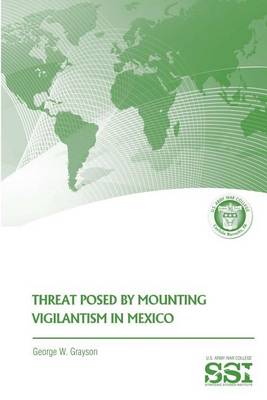Until the 1980s, Mexico enjoyed relative freedom from violence. Ruthless drug cartels existed, but they usually abided by informal rules of conduct hammered out between several capos and representatives of the dominant Institutional Revolutionary Party (PRI), which ruled the country until the 1990s. Relying on bribes, the desperados pursued their illicit activities with the connivance of authorities. In return for the legal authorities turning a blind eye, drug dealers behaved discretely, shunned high-tech weapons, deferred to public figures, spurned kidnapping, and even appeared with governors at their children's weddings. Unlike their Colombian counterparts, Mexico's barons did not seek elective office. In addition, they did not sell drugs within the country, corrupt children, target innocent people, engage in kidnapping, or invade the turf or product-line (marijuana, heroin, cocaine, etc.) of competitors. The situation was sufficiently fluid so that should a local police or military unit refuse to cooperate with a cartel, the latter would simply transfer its operations to a nearby municipality where they could clinch the desired arrangement. Three key events in the 1980s and 1990s changed the "live and let live" ethos that enveloped illegal activities. Mexico became the new avenue for Andean cocaine shipped to the United States after the U.S. military and law-enforcement authorities sharply reduced its flow into Florida and other South Atlantic states. The North American Free Trade Agreement, which took effect on January 1, 1994, greatly increased economic activities throughout the continent. Dealers often hid cocaine and other drugs among the merchandise that moved northward through Nuevo Laredo, El Paso, Tijuana, and other portals. The change in routes gave rise to Croesus-like profits for cocaine traffickers--a phenomenon that coincided with an upsurge of electoral victories. Largely unexamined amid this narco-mayhem are vigilante activities. With federal resources aimed at drug traffickers and local police more often a part of the problem than a part of the solution, vigilantes are stepping into the void. Suspected criminals who run afoul of these vigilantes endure the brunt of a skewed version of justice that enjoys a groundswell of support.
- ISBN10 1478146079
- ISBN13 9781478146070
- Publish Date 27 June 2012 (first published 1 January 2011)
- Publish Status Active
- Imprint Createspace Independent Publishing Platform
- Format Paperback (US Trade)
- Pages 72
- Language English
